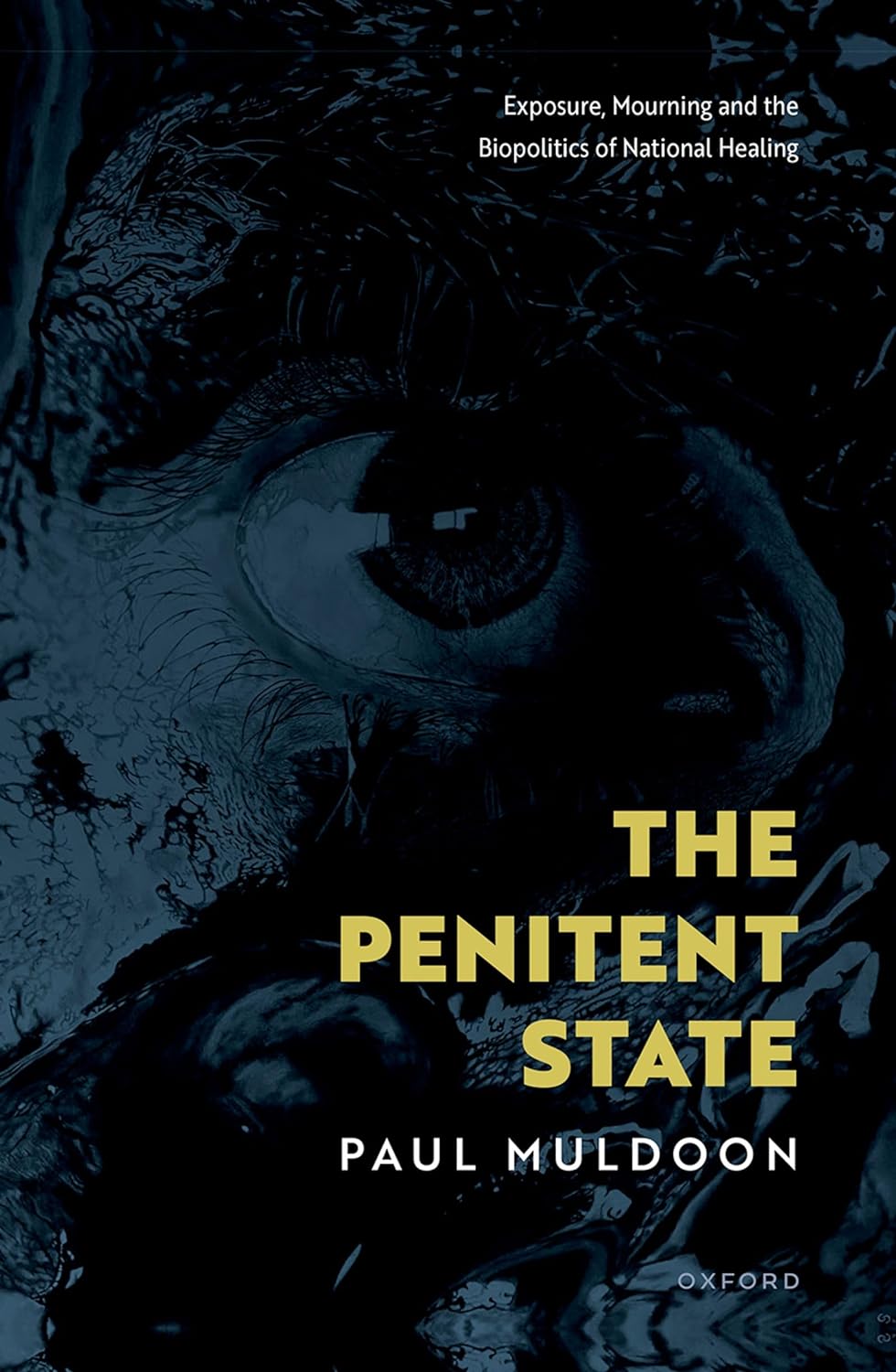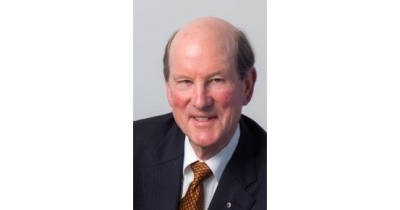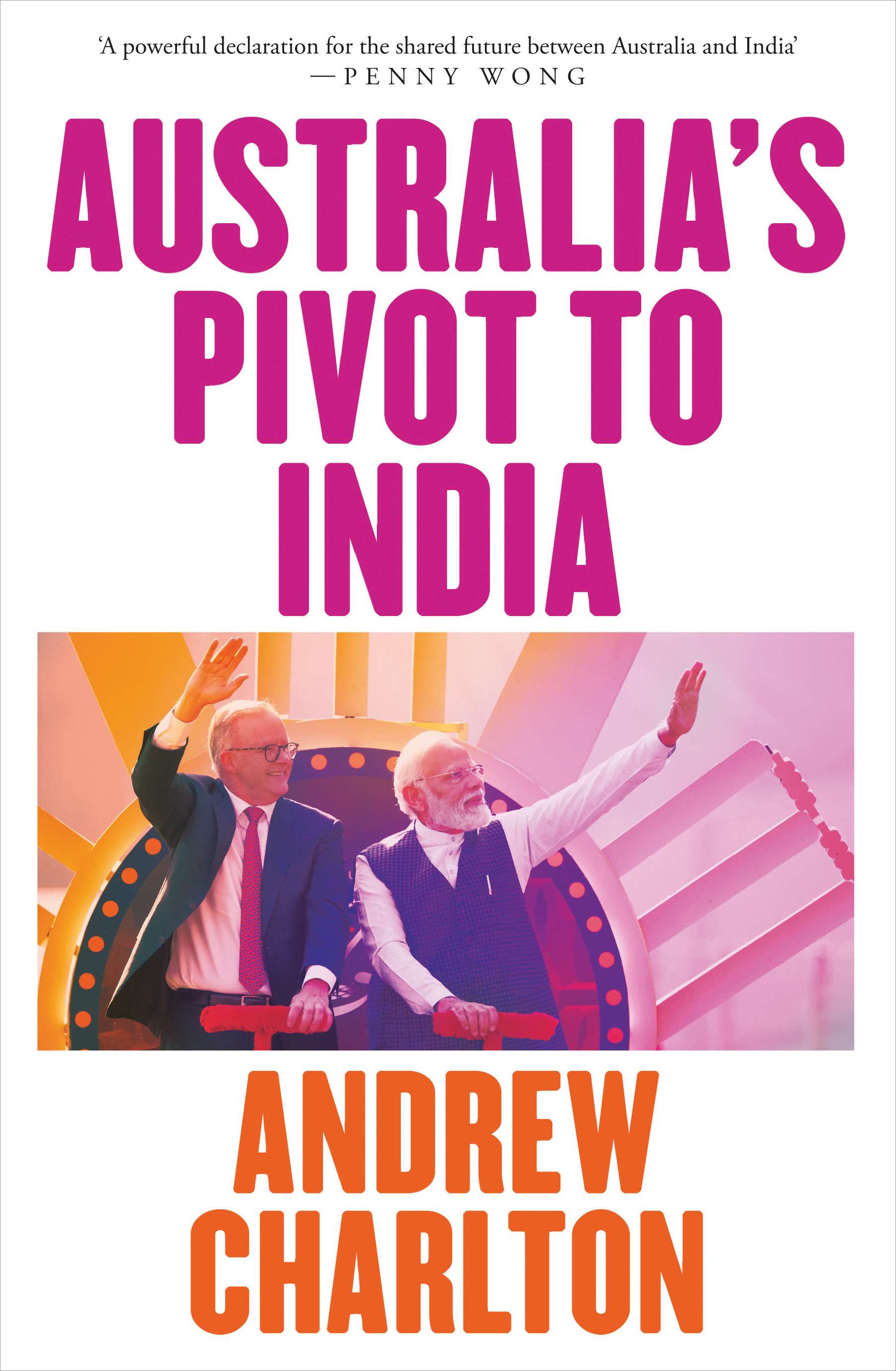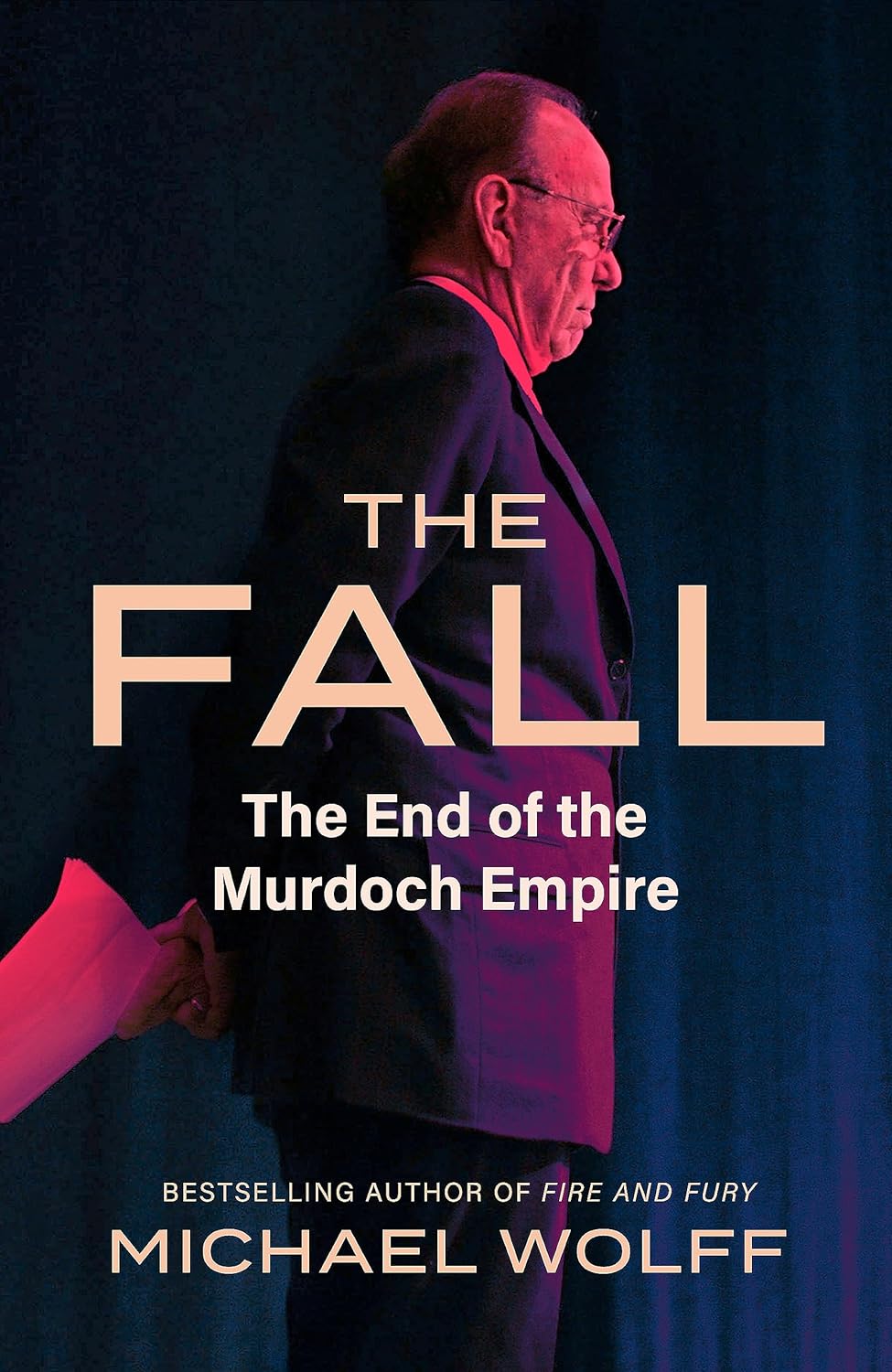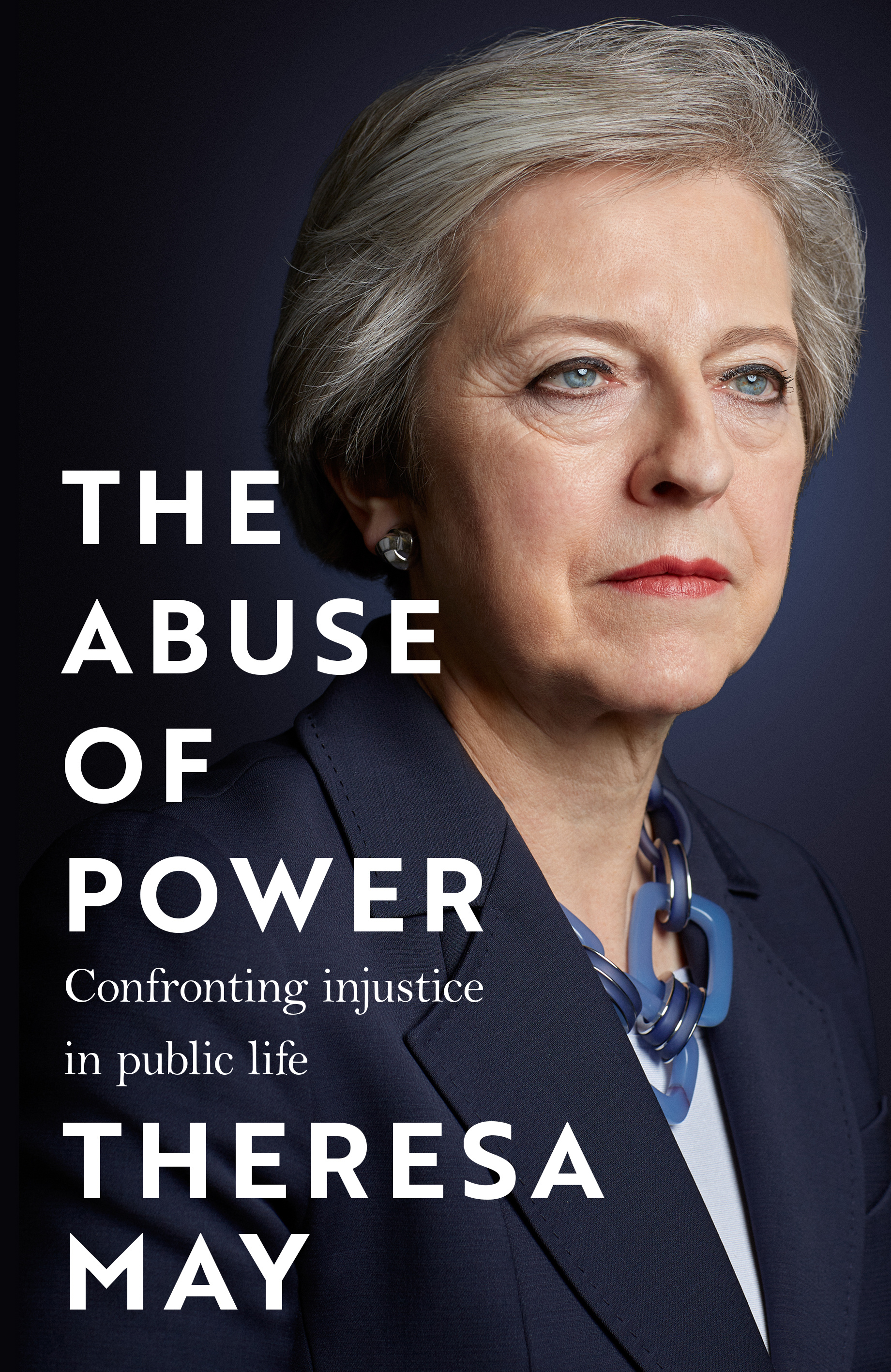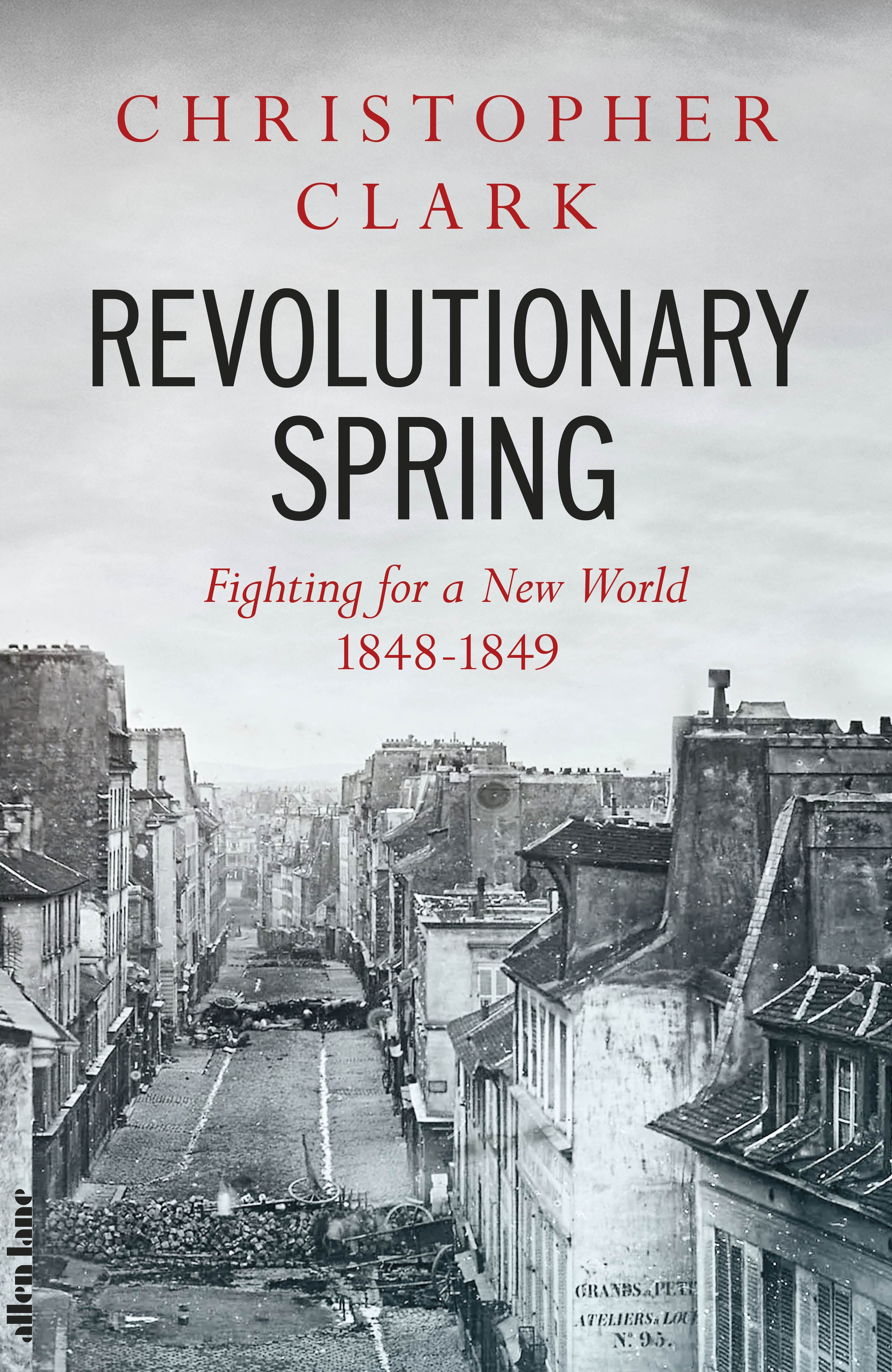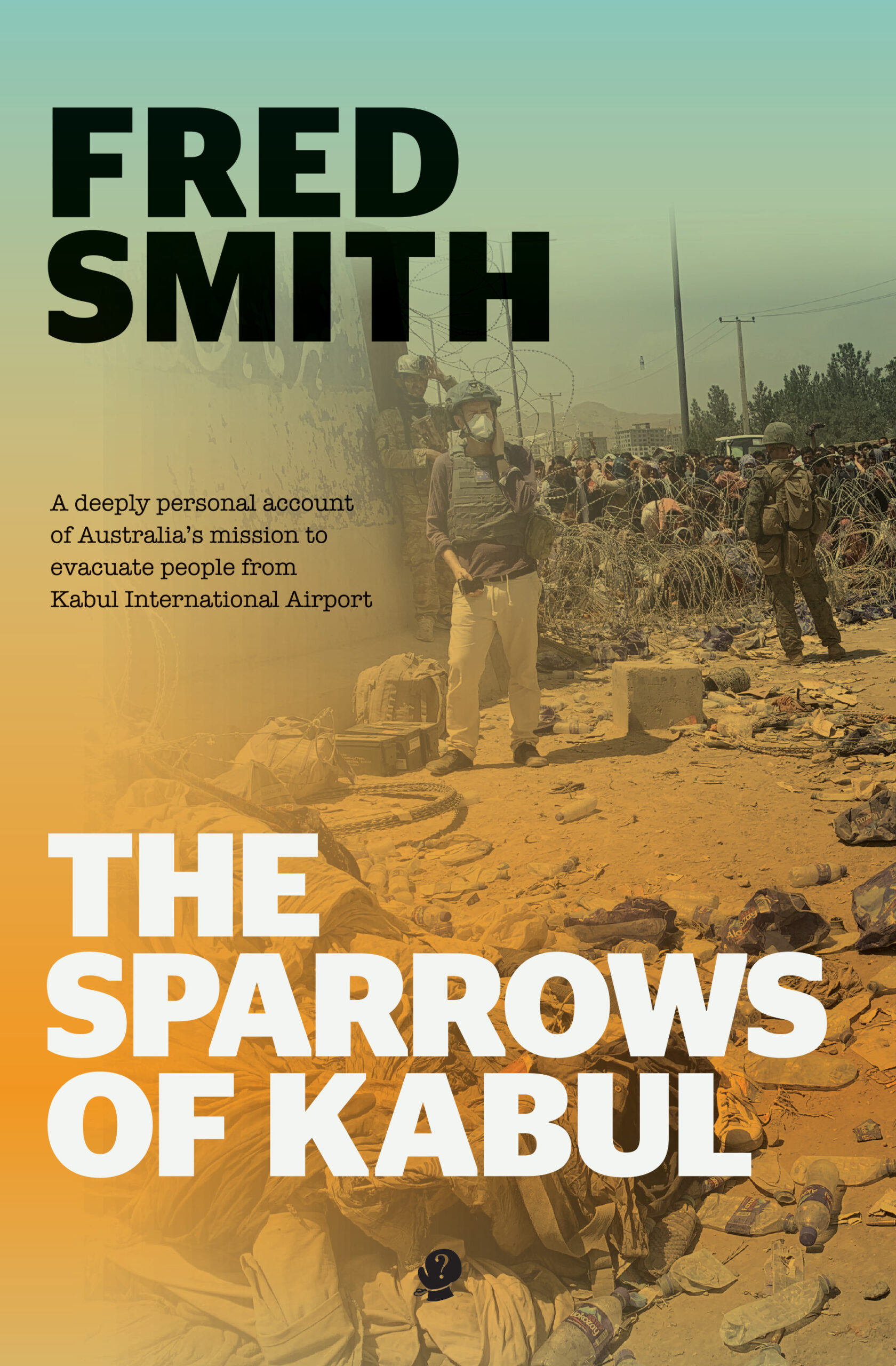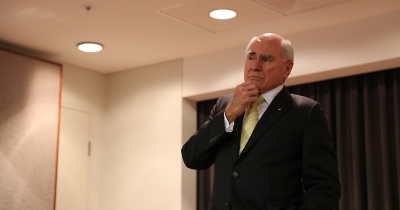Politics
The Penitent State: Exposure, mourning, and the biopolitics of national healing by Paul Muldoon
The recent past is replete with instances of sovereign states doing penance for wrongdoing. The Berlin Memorial to the Murdered Jews of Europe, the South African Truth and Reconciliation Commission (TRC), and Kevin Rudd’s apology to the Stolen Generations are just three examples that receive extended analysis in Paul Muldoon’s The Penitent State. On Muldoon’s telling, the concept of ‘biopolitics’ is central to explaining why these ‘penitent states’ work so hard to press our physical and emotional buttons, not just our intellectual or cognitive ones. Through institutions of atonement, the state is trying to clear a perceived blockage in perpetrators’ collective emotional system. It is trying to make us cry.
... (read more)Late Fascism: Race, capitalism and the politics of crisis by Alberto Toscano
Already it has been a big year for fascists. On Australia Day, a handful of neo-Nazis from across Australia assembled in Sydney. Dwarfed by tens of thousands of protesters at Invasion Day rallies, the fascist stunt still generated the desired confrontation with the state and response from journalists drawn into the spectacle. Two weeks earlier, German investigative journalists published details of a late-2023 meeting in Potsdam, outside Berlin. At a neo-baroque lakeside hotel, an assortment of old money, political chancers, and neo-fascist intellectuals discussed a proposal for ‘remigration’. Among the retired dentists, bakery franchisers, and parliamentary staffers was Martin Sellner, the one-time, hot-young-Austrian-face of the European identitarian movement – a man so reactionary that even post-Brexit Britain denied him a visa.
... (read more)Well-informed debate on national security, never more important than now, depends on reliable accounts of historical episodes, ones not distorted by latter-day political or diplomatic sensitivities. For more than a century, Australians have benefited from a tradition of official histories of the nation’s involvement in conflicts and peacekeeping operations, for which governments of all persuasions have given independent historians access to all relevant official records, publishing their works without political or diplomatic censorship.
... (read more)In April 1990, Australia’s high commissioner to New Delhi, Graham Feakes, was in the final year of a six-year posting. Still regarded as one of Australia’s finest diplomats, he had worked tirelessly to invigorate a relationship that had been allowed to drift aimlessly for decades. Under his watch, in 1986 Rajiv Gandhi made the first visit by an Indian prime minister to Australia in almost two decades. Bob Hawke reciprocated shortly afterwards. Ministerial commissions and senior level officials’ groups were established. Aid was set to increase.
... (read more)In Michael Wolff’s telling, the final stretch of Rupert Murdoch’s seventy-year media career plays out like a ghost story. When, in 2016, Rupert’s sons, Lachlan and James, vanquished Roger Ailes – disgraced architect of Fox News – in a rare moment of fraternal unity, the money-printing reactionary machine Ailes had built for their father kept on mutating and metastasising, in ways that would haunt the company and the Murdoch family. Fresh from writing a blockbuster trilogy documenting the Trump presidency, in The Fall Wolff braves the ‘nest of vipers’ that is the late-stage Fox News empire with a deep contact list and a strong stomach. Gone is the rare access to Rupert himself that informed The Man Who Owns The News (2008), but, fortunately for Wolff and his readers, the largely unnamed vipers of The Fall are a chatty bunch.
... (read more)The Abuse of Power: Confronting injustice in public life by Theresa May
It takes some considerable effort to remember Theresa May’s time as prime minister. Her two governments ran from the resignation of David Cameron immediately after the political earthquake of the Brexit referendum in 2016, to May’s own tearful resignation in the summer of 2019 as the aftershocks swallowed her minority government. The distending effects of the past three years of UK (and world) politics have already made the May era a kind of historical curiosity. The consequent danger is that we look back to her stint as prime minister as the last gasp of sensible politics avant le déluge.
... (read more)Imperial Island: A history of empire in modern Britain by Charlotte Lydia Riley
The opinions of Kandiah Kamalesvaran AM, better known by his stage name Kamahl, on the proposed Indigenous Voice to Parliament received extensive media attention in September 2023. A household name for many Australians, the Malaysian-born crooner’s indecision frustrated both the Yes and No camps.
... (read more)Revolutionary Spring: Fighting for a new world, 1848–1849 by Christopher Clark
There are two powerful images evoked by the waves of revolutions that broke across Europe in 1848. The first is of ‘the springtime of the peoples’, when scores of popular insurrections overturned the conservative Metternich system of a balance of power between monarchical regimes that had ruled the continent since the overthrow of Napoleon Bonaparte in 1815. In France the core demand was popular democracy. Elsewhere, demands for self-determination were linked to dreams of national unity in Germany and Italy, and further to the east to the desire for independence from the Austrian and Russian empires.
... (read more)Diplomat and musician Fred Smith’s memoir of his time with the Department of Foreign Affairs and Trade (DFAT) at Kabul airport, and later in the United Arab Emirates (UAE), processing Afghan evacuees fleeing the Taliban’s return to power in August 2021, opens with a richly symbolic vignette. On his first visit to the North Gate, one of only three public entry points to Kabul airport, Smith is confronted by a nightmare vision of the country’s collapse. Amid a cacophony of screaming and gunfire, thousands of Afghans jostle, push, and kick one another, waving passports, holding babies aloft, as they fight their way towards a narrow gap in the razor wire entrance to the gate, guarded by a human wall of US Marines. Every thirty seconds or so somebody squeezes through the scrum to safety, emerging discomposed, bloodied, and bewildered.
... (read more)Why did Australia vote against the Voice referendum?
... (read more)

